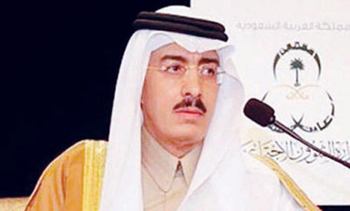
Jeddah, Apr 22: Haj Minister Bandar Hajjar yesterday imposed heavy penalties on 68 Haj and Umrah service companies for not providing adequate services to the Guests of God.
The minister was acting on complaints filed by a number of pilgrims to the Haj Services Committee, which is a nodal agency looking into such problems.
The committee was set up under Law 58 (servicing local pilgrims) of the Royal Decree issued on 28/10/1426 Hijri.
The committee also decided to force a number of the erring companies to compensate pilgrims for the inconvenience caused.
The committee issued 27 different rulings to curb campaigns that violate the Haj Service Law.
The penalties range between SR 15,000 and SR 100,000 in fine and include the banning of the companies from providing services and a revocation of their licenses.
So far 16 companies have been brought to book.
Hajjar praised the committee’s work. The committee includes officials from the Ministries of Haj, Interior and Trade & Commerce.
He also lauded the work of the Control and Investigation Board and the other committees involved in the supervision, follow-up and investigation recommended by the Haj Ministry.






Comments
Add new comment